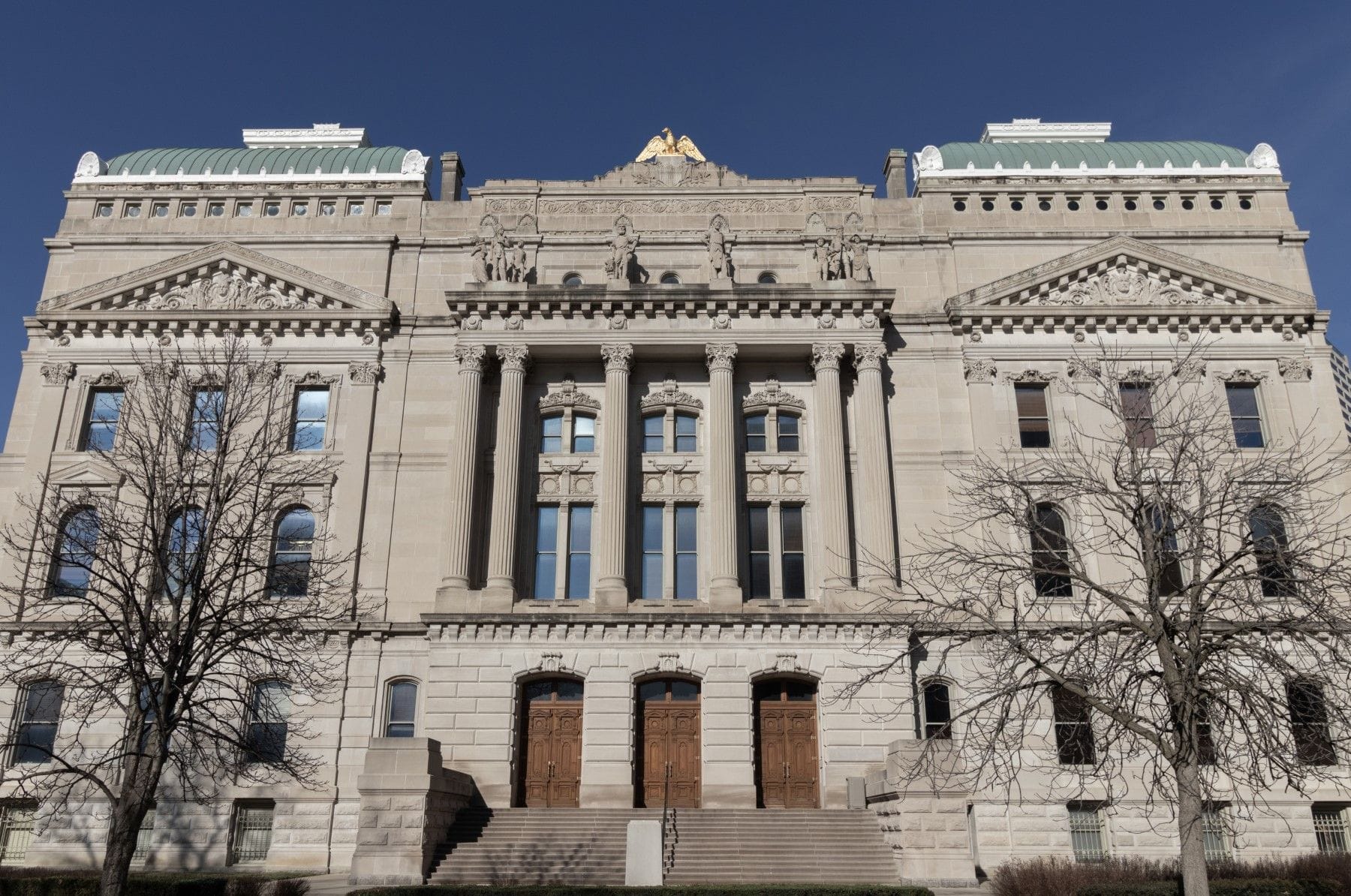Indiana Expert Witness Disclosure Requirements
Indiana requires timely expert witness disclosures to uphold trial fairness, emphasizing detailed qualifications, opinions, and updates to avoid sanctions.
Updated on
In this article
When Are Expert Witness Disclosures Required in Indiana?
In Indiana, the disclosure of expert witnesses is governed by the Indiana Rules of Trial Procedure, particularly Rule 26, which aligns closely with the Federal Rules of Civil Procedure. The timing of expert witness disclosures is crucial to ensure a fair trial and avoid unnecessary delays.
Initial Disclosure Deadlines
The initial disclosure of expert witnesses typically occurs during the discovery phase of litigation. Indiana Rule of Trial Procedure 26(B)(4) requires that parties disclose the identity of any expert witness they plan to use at trial. This disclosure should occur within the timeframe set forth by the court's scheduling order. In the absence of a specific order, disclosures are generally due at least 90 days before the trial date.
Supplemental Disclosure Timelines
Indiana law also mandates the supplementation of expert disclosures. According to Rule 26(E), parties must supplement their disclosures in a timely manner if they learn that their previous information is incomplete or incorrect. This is particularly important when new opinions are developed or additional data is considered by the expert.
Case-Specific Timing
In some instances, the court may impose specific deadlines for expert disclosures that deviate from the standard schedule. These timelines are often outlined in pre-trial conferences or orders tailored to the complexities of the case at hand.
Information That Must Be Included in the Disclosure
Indiana's rules require detailed information to be included in expert witness disclosures to facilitate a transparent and efficient discovery process.
- Expert Qualifications: This includes the expert's resume or curriculum vitae, which outlines their education, training, and experience relevant to the case.
- Opinions and Bases for Opinions: The disclosure must detail the expert’s opinions and the basis and reasons for these opinions. This includes any methodologies employed and the reasoning behind the conclusions reached.
- Data Considered: A comprehensive list of all data and information the expert considered in forming their opinions must be provided.
- Fee Structures: Parties must disclose the compensation arrangements for the expert’s services, highlighting any potential biases.
- Prior Testimony: A record of the expert’s testimony in other cases over the past four years is often required, providing insights into their experience and impartiality.
Supplementing and Amending Expert Disclosures
The duty to supplement or amend expert disclosures is a critical component of Indiana's discovery process. Under Rule 26(E), parties are obligated to update their disclosures when necessary. This is required when additional information becomes available or previous disclosures are found to be inaccurate.
When Supplementation is Required
Supplementation is necessary when:
- New data or analyses inform the expert's opinion.
- Changes occur in the expert’s conclusions or methodologies.
- Additional experts are retained or identified.
Consequences of Failing to Update
Failing to timely supplement disclosures can have severe consequences. Courts may impose sanctions, which can include the exclusion of the expert’s testimony, fines, or adverse inferences. A notable case illustrating this is Smith v. Jones, where the court excluded expert testimony due to insufficient disclosure updates.
Consequences of Failing to Properly Disclose an Expert
Non-compliance with disclosure requirements can significantly impact litigation outcomes. Indiana courts have several remedies and sanctions at their disposal.
Exclusion of Testimony
The most immediate consequence of failing to disclose an expert properly is the exclusion of their testimony. Without this testimony, a party may find their case substantially weakened, as seen in Doe v. Roe, where the plaintiff’s failure to disclose expert opinions resulted in dismissal.
Motions to Strike Experts
Opposing parties may file motions to strike an expert witness from the record if disclosures are deemed insufficient or untimely. This procedural action can prevent the expert from testifying at trial.
Sanctions and Broader Litigation Risks
Courts may impose additional sanctions, including monetary penalties or orders compelling further discovery. Beyond immediate penalties, inadequate disclosures can erode credibility, complicate settlement negotiations, and prolong litigation.
State-Specific Rules and Key Considerations
Indiana's approach to expert witness disclosures, while similar to federal procedures, includes specific nuances.
Notable Statutes and Local Court Rules
Indiana Rule of Trial Procedure 26 remains the cornerstone of expert disclosures. However, local court rules may impose additional requirements or timelines, necessitating careful review by practitioners.
Variations from the Federal Rules
While Indiana largely mirrors the Federal Rules of Civil Procedure, practitioners should be mindful of state-specific interpretations and applications, as these can influence disclosure strategies and trial preparations.
Key Considerations
- Judicial Discretion: Indiana judges have considerable discretion in managing disclosures and ruling on related motions.
- Complex Cases: In complex litigation, courts may require more detailed disclosures or impose stricter timelines.
- Technological Considerations: With increasing reliance on digital data, parties must ensure that electronic information is adequately disclosed and supplemented.
In conclusion, understanding and complying with Indiana’s expert witness disclosure requirements is essential for effective case preparation and trial advocacy. By adhering to Rule 26 and applicable local court rules, legal professionals can ensure that expert testimony is admissible, credible, and impactful. Timely and thorough disclosures help prevent procedural setbacks, minimize the risk of sanctions, and foster a fair litigation environment. As courts continue to emphasize transparency and accountability in discovery, maintaining up-to-date and complete expert information is not just a procedural formality—it is a strategic imperative for success in Indiana litigation.


